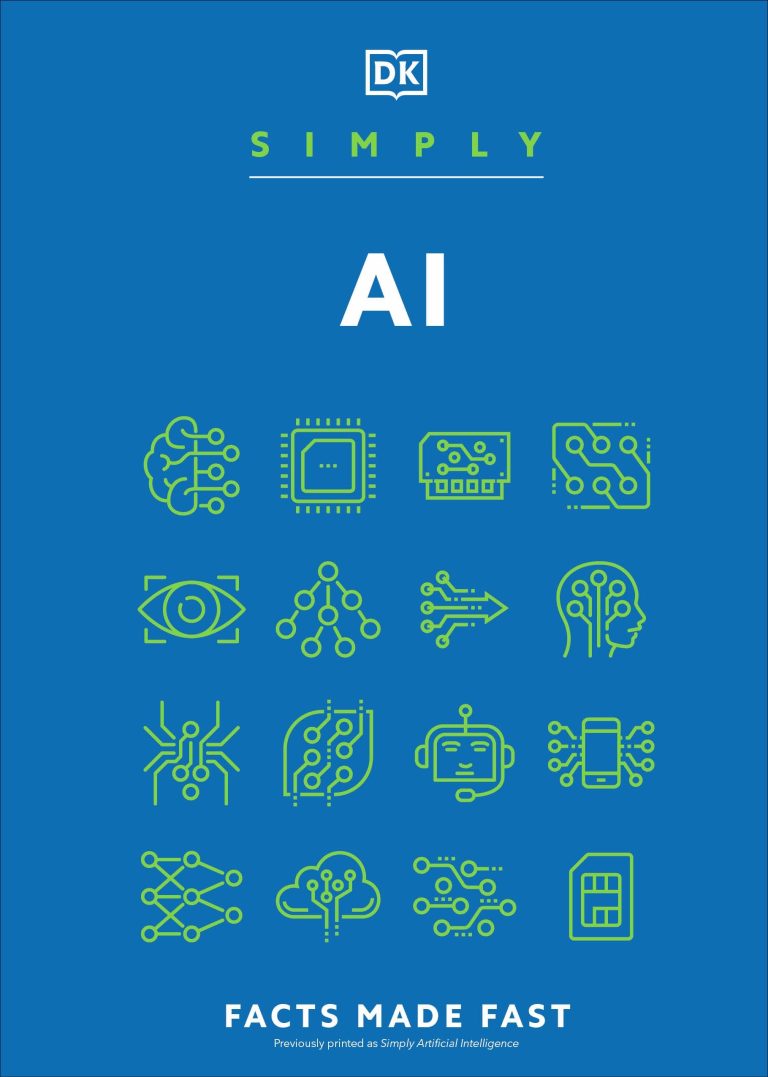
Now loading...
Thinking Machines Lab, a startup backed by significant investment and founded by key figures from OpenAI, has unveiled its inaugural offering—a tool named Tinker, designed to streamline the process of creating tailored AI models. Mira Murati, the cofounder and CEO, conveyed in an interview that Tinker aims to democratize access to advanced AI capabilities, enabling researchers and developers to experiment more freely with cutting-edge models.
Currently, leading corporations and academic institutions customize open-source AI models for specialized tasks, such as resolving mathematical problems, drafting legal documents, or providing medical advice. Traditionally, this fine-tuning requires substantial organizational resources, including clusters of GPUs and sophisticated software to ensure efficient and reliable large-scale training sessions. With the introduction of Tinker, the company aspires to simplify this process for a broader audience, including businesses, researchers, and even hobbyists, by automating many of the complexities involved.
The founders of Thinking Machines Lab, including several who were instrumental in the development of ChatGPT, believe the ability to fine-tune frontier models represents a pivotal future trend within the AI landscape. According to beta testers, Tinker stands out for its power and ease of use compared to existing tools in the market. Murati emphasized the potential to “demystify” the intricacies of tuning powerful AI models, thus opening explorative opportunities to a wider population of innovators.
Currently, Tinker supports fine-tuning with two prominent open-source models: Meta’s Llama and Alibaba’s Qwen. Users can use the Tinker API with minimal coding to refine these models through supervised learning, which involves training them using labeled data, and reinforcement learning, a technique gaining traction that adjusts models based on feedback from their outputs. This functionality allows users to download and deploy their customized models at will.
The AI sector is closely monitoring Tinker’s launch, particularly given the esteemed background of the team leading Thinking Machines Lab. Murati, the former CTO of OpenAI, briefly stepped in as CEO following the departure of Sam Altman. She has since left OpenAI to co-found Thinking Machines Lab with other notable professionals from the company, including John Schulman and Barret Zoph, who have extensive experience in AI research. Earlier this year, the startup announced an impressive $2 billion in seed funding, which positioned it with a valuation of $12 billion prior to launching its first product.
Experts like Schulman, who was pivotal in developing ChatGPT’s large language model via reinforcement learning, anticipate that Tinker will empower a wider range of users to unlock new functionalities from existing models. He remarked that while there is underlying complexity in the training process, Tinker provides users with significant control over their data and algorithms while simplifying distributed training logistics.
From Wednesday onward, Thinking Machines Lab will start accepting applications for Tinker access, with no current charges for its API—a strategy intended to attract early users. The API has already reached a select group of beta testers, including Eric Gan from Redwood Research, who is employing Tinker’s reinforcement learning capabilities for specific enhancements. Gan noted that Tinker allows for abilities to be extracted from models that standard APIs cannot provide.
Another beta tester, Robert Nishihara, CEO of Anyscale, praised Tinker for its unique combination of abstraction and customization compared to existing fine-tuning solutions. Yet, concerns linger regarding the potential for misuse of open-source models. Although Thinking Machines currently screens those who gain API access, Schulman noted that plans for automated safeguards are in development to prevent malicious alterations.
While Tinker marks the first product launch for Thinking Machines Lab, the firm has already contributed to foundational research in model training, focusing on efficiencies in neural network performance and fine-tuning practices. The company’s commitment to making the process of tuning large models accessible stands in stark contrast to the prevailing trend among many US AI firms, which often restrict their most powerful models to controlled environments. Murati expressed hope that Tinker could help shift the closed-off nature of commercial AI development and promote collaboration across global research initiatives.
